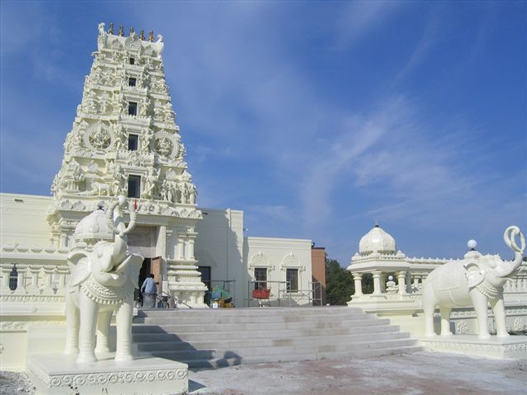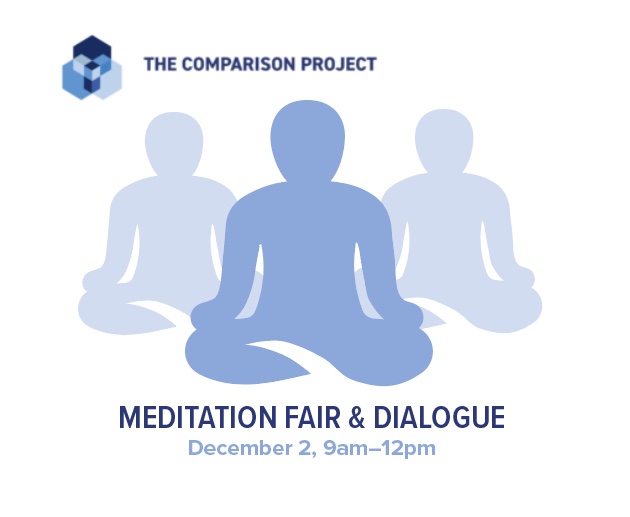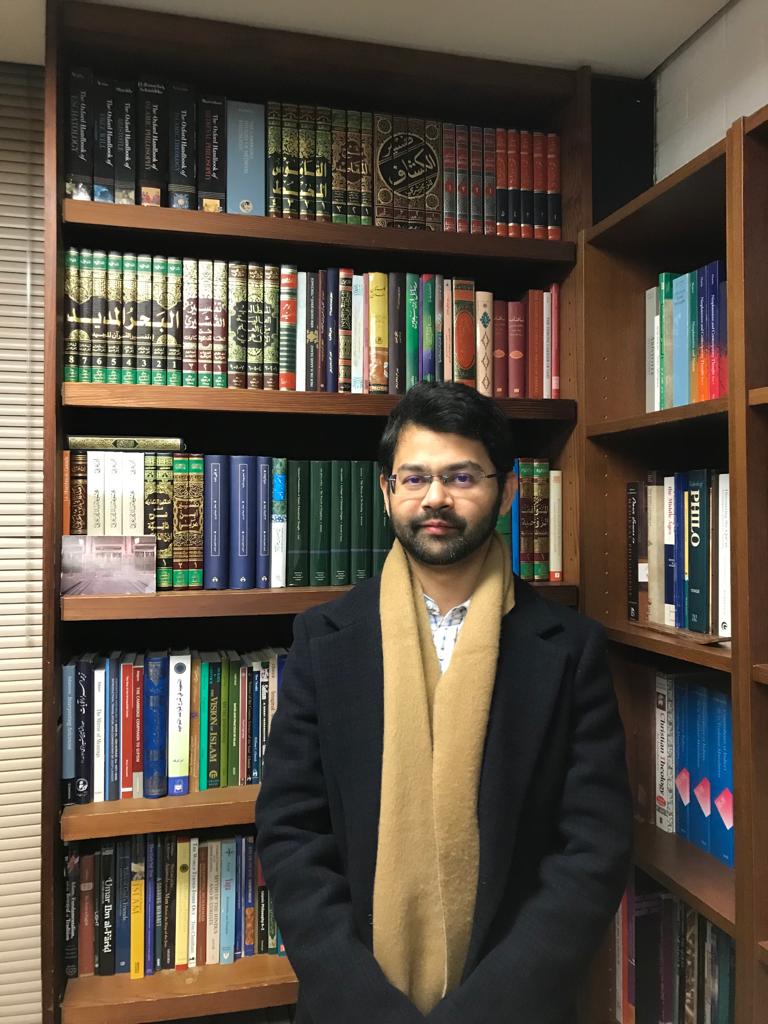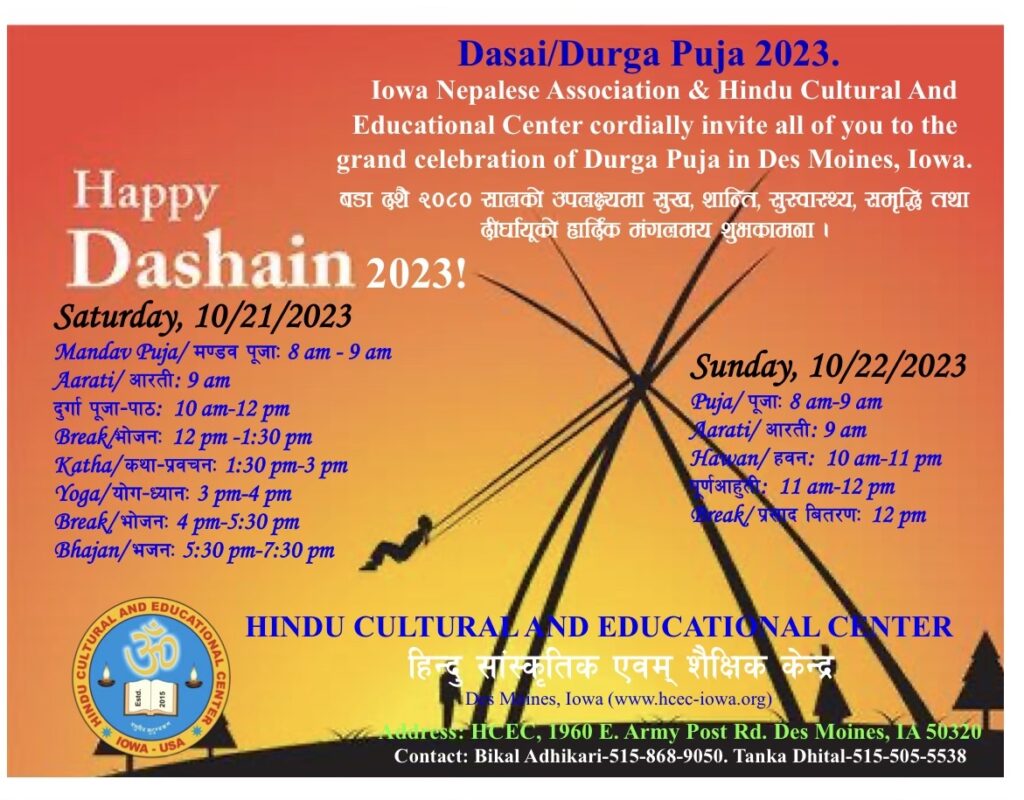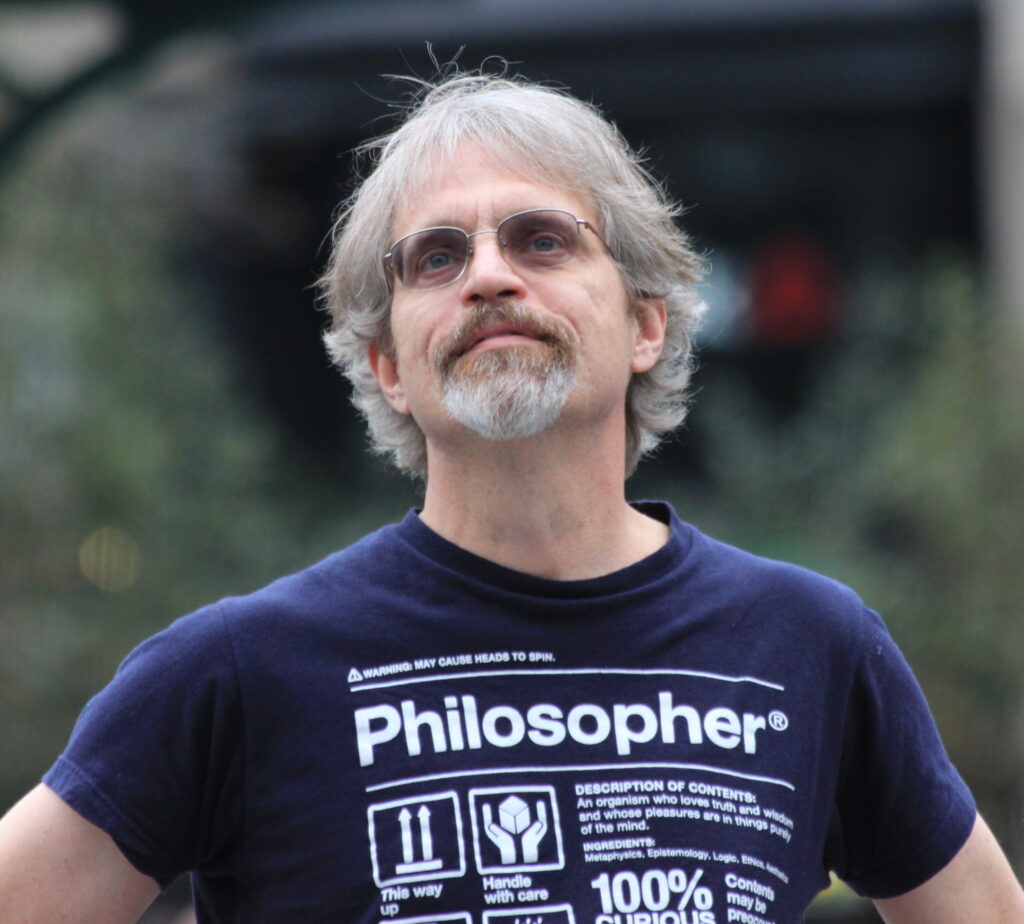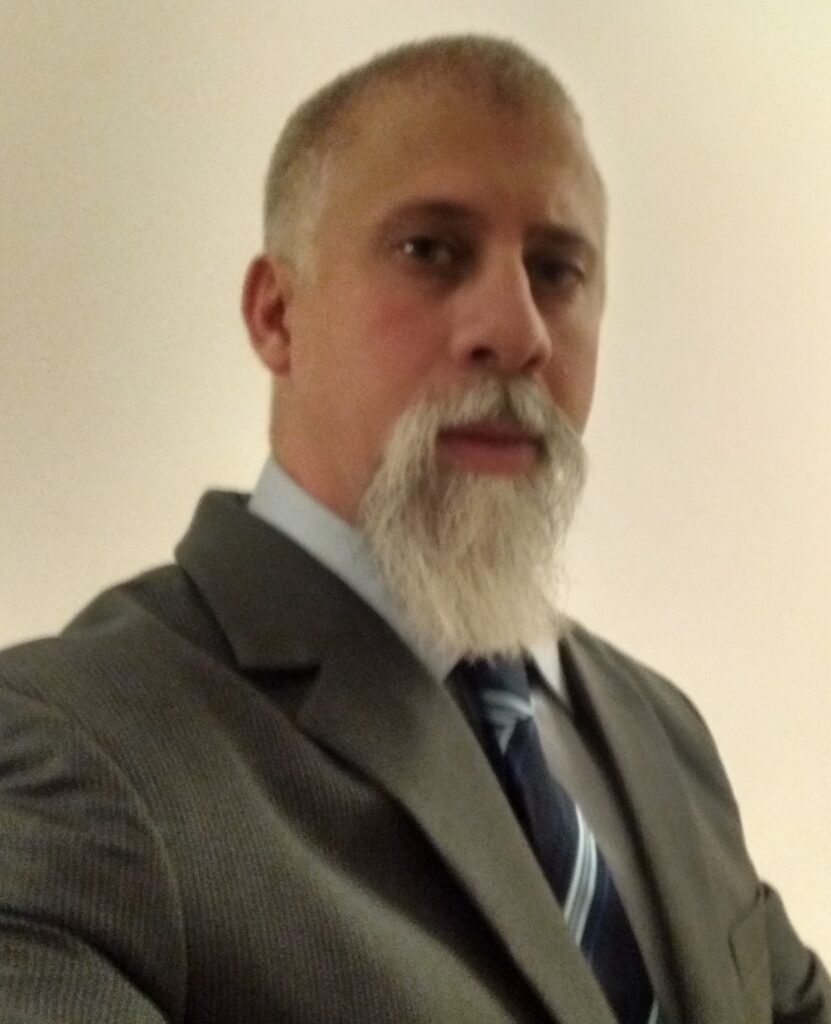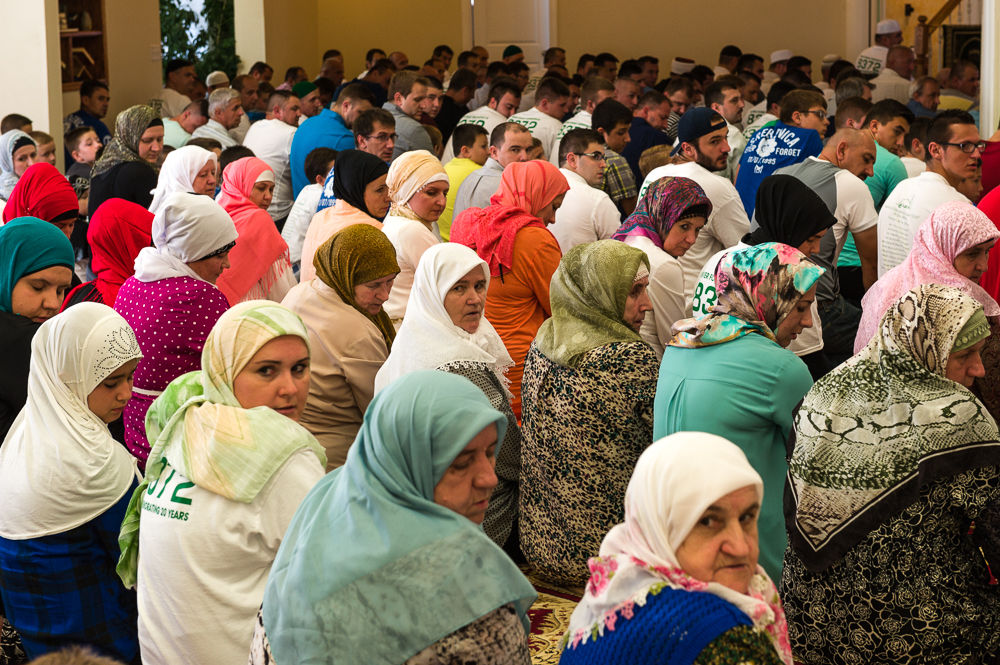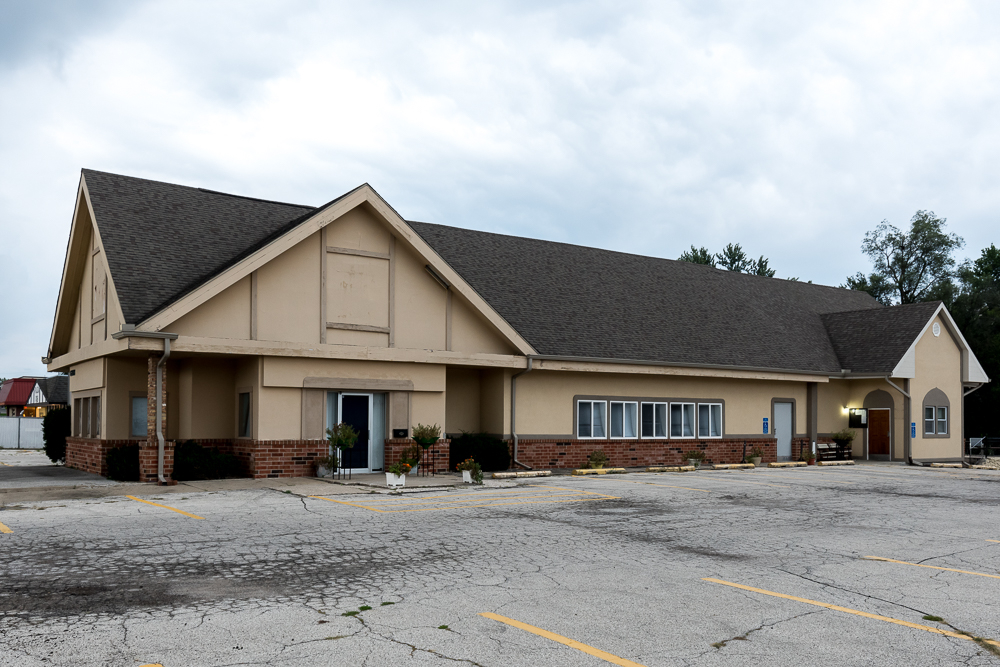On Thursday, February 22 at 7:00pm in Sussman Theater (Olmsted Center, Drake University) Phillip Reed-Butler, Assistant Professor of Theology and Black Posthuman Artificial Intelligence Systems at Iliff School of Theology, will speak on “Space Dust: Blackness, Its Expansion, and Transfinite Exploration.”
Philip Butler is an international scholar whose work primarily focuses on the intersections of neuroscience, technology, spirituality and Blackness. He uses the wisdom of these spaces to engage in critical and constructive analysis on Black posthumanism, artificial intelligence and pluriversal future realities. He is also the founder of the Seekr Project, a distinctly Black conversational artificial intelligence with mental health capacities. Philip has theorized artificial cognitive architectures for synthetic evolving life forms (SELF), presented on emotionally regulating and spiritual experience inducing brain computer interfaces, and has constructed block chain protocols and conceptual logistics infrastructures for a world leader in the industrial hemp space.
Dr. Butler is Partner Director of Iliff’s AI Institute where he leads the 8020 project, where the institute works to change how computers see people, relate to culturally iterative languages and build the bones for a data ownership model that hopefully creates a relational framework for the way AI is made around the globe.
He is also the author of Black Transhuman Liberation Theology: Spirituality and Technology and most recently the editor of Critical Black Futures: Speculative Theories and Explorations. He has published in journals such as The Black Scholar, Journal of Posthuman Studies, and the Journal of Future Studies. He is currently working on his second monograph Still Black Posthuman: A Theory of Uncertainty and Disorder.
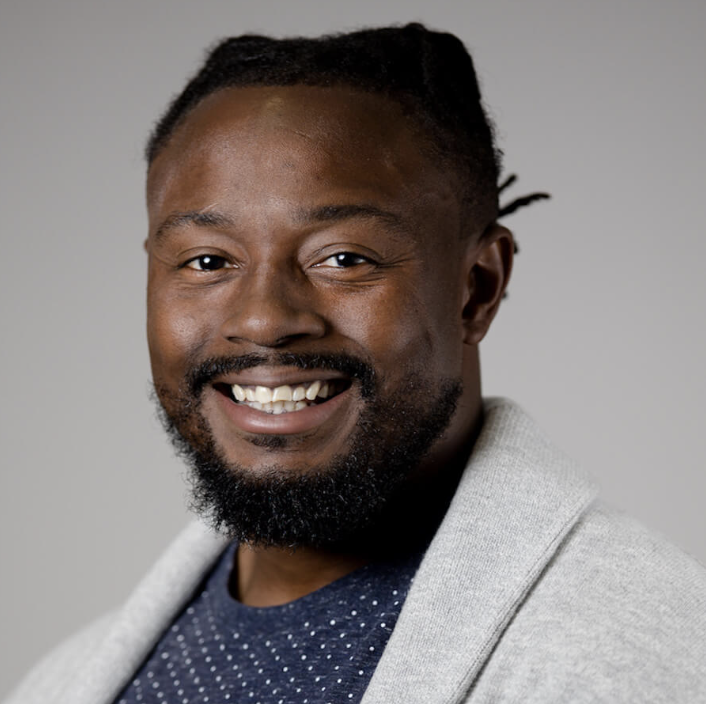
Below, please find a recording of Dr. Butler’s lecture with powerpoint.
Below, please find a response to Dr. Butler’s lecture by Dr. Seth Villegas.
